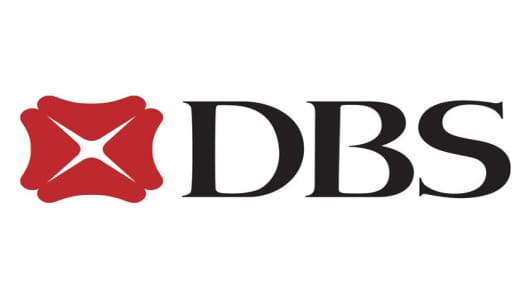DBS Group, Southeast Asia's biggest bank by assets, posted a less-than-feared 2 percent drop in quarterly profit, as fast loan growth partially offset a loss in trading income due to credit-related writedowns.
The Singapore lender said on Wednesday it wants to continue to grow its business despite a challenging environment, as a global credit crisis haunts financial markets and a looming U.S. recession threatens to slow Asian economic growth.
"Despite the challenging trading and capital markets environment, we continued to grow our customer franchise and increase business volumes, while remaining prudent and vigilant on costs," DBS Chairman Koh Boon Hwee said in a statement.
The bank took a previously announced S$86 million ($63.33 million) of writedowns in the first quarter on complex derivatives exposed to risky debt, which pushed its trading income into the red.
But the writedown was much lower than last year when it wrote down S$270 million on structured instruments, the bulk in the fourth quarter, including debt exposed to the collapsing U.S. subprime mortgage market.
Net profit in January-March was S$603 million ($444 million) from S$617 million a year ago. Analysts had predicted net profit of S$566 million, according to an average forecast from six analysts polled by Reuters.
The result came after United Overseas Bank, Singapore's second-biggest bank, posted a 2.1 percent rise in quarterly profit, broadly in line with market forecasts, but warned that loan growth could slow this year.
Former Citibanker Richard Stanley, who took charge as DBS's new chief executive last week, will brief the media and analysts for the first time later on Wednesday.
Analysts are looking for hints on how Stanley plans to grow DBS's Asian business beyond its core markets of Singapore and Hong Kong, from where it derives about 90 percent of its earnings.
The Singapore-based lender, in which state investor Temasek Holdings has a 28 percent stake, said lending grew 21 percent in the quarter from a year earlier to S$114.2 billion, led by corporate loans.
Interest income also rose 9 percent from a year ago to S$1.057 billion, despite lower margins amid falling Singapore interest rates. Fee income rose 14 percent to S$353 million in the Jan-March period from a year earlier, but fell 7 percent from the previous quarter.
DBS shares dropped 13 percent in the first quarter, underperforming its rivals, UOB whose shares dropped 3.8 percent in January-March and third-ranked OCBC, which saw a 2.3 percent fall in its share price.


